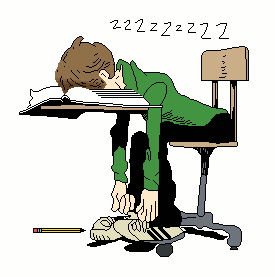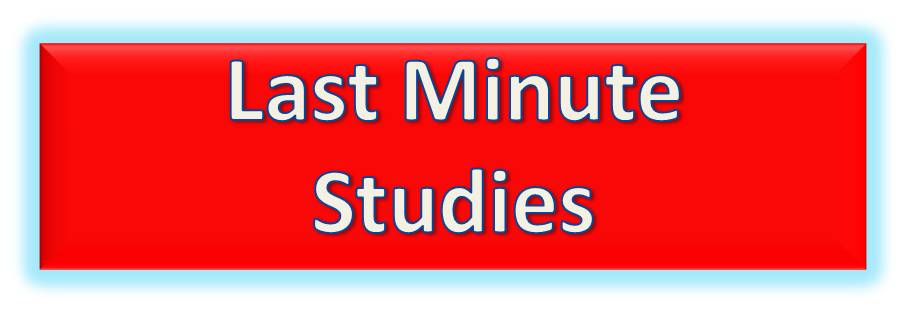

When you're faced with an approaching exam and you have lots of books and pages to study, and you think you will not able to finish your stuffs before exams. Then here are some simple ways to make that studying easier so you retain important information. Studying for an exam does not have to be exhausting or painful when you follow these simple how-to skills.
Many students believe that they have to memorize every single word in the book. But when you look at words, there are a lot of 'the, and, but, to, for, big, short, tall, he, she, they' words. You only want to highlight what you really don't know. It's never about studying more. It's always about studying better. Learning to read what's important and ignoring all the irrelavant text is a great way to make studying more enjoyable. It's not cheating. It's being clever.
-] Think about what the exam will cover. Clarify this with your teacher or another student. Only study what you know will be on this particular exam. Find the right book and gather relevant articles. You may have gathered loads of articles and bought more than one book for a particular subject. But when you have less time don’t care to finish all of them: just take the books those are important and try to find the most concise book. Your exam might be on chapters 2-5 in the subject and you might have 3 articles to read. Limit your attention to just those.
-] Write down the questions you might be asked. It's a good idea to write down all the questions you think you'll be asked. Put each question on a separate piece of paper or index card. You'll add short notes to each of these questions as you read.
-] Quickly read each chapter or article. Quickly means quickly. This way you become familiar with each chapter or article. In the process you also highlight what you feel is important or that needs much attention to remember.
Reread each article in detail: Read a paragraph. And ask yourself ‘Does it contain any information that will give an answer to one of the questions that might be asked?’ If 'NO,' then ignore that paragraph. Every chapter will have many paragraphs that will not give you any answers. If any paragraph gives you any information that might be helpful, then either check/tick or put the page and paragraph number on the sheet with the specific question.
-] Only mark what you DON'T KNOW. As you read each paragraph, if you find information that you ALREADY KNOW and will easily remember, then you don't need to highlight it. YOU ALREADY KNOW IT! You might just make a short note of the page and paragraph number if that makes you feel more secure. As you get better and more confident, only highlight what you don't know.
-] Reread only those page and paragraph numbers. You've now done most of your studying. Now you get to go back and reread the page and paragraph numbers and what you don't know. Now's the time to take short notes to remind yourself of the answers.
-] Talk out the answers out loud. Talk out loud (that's important), saying the answers to the question. Talking out loud makes you hear what is in your head.
Put down the studying for a day or two. Just think over what you've learned and feel amazed at how quickly you have learned.
BEST OF LUCK
